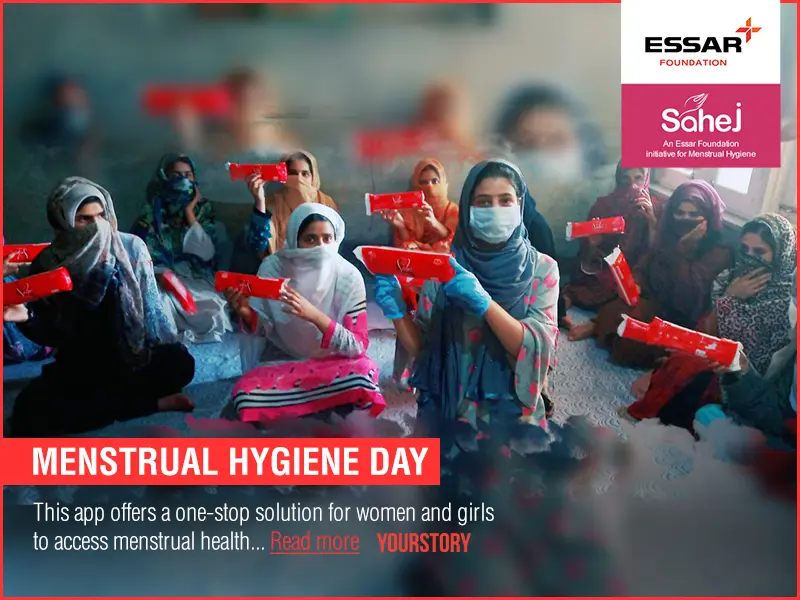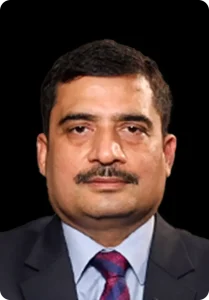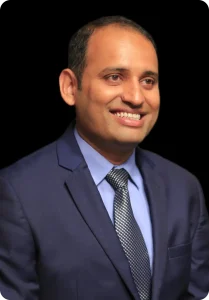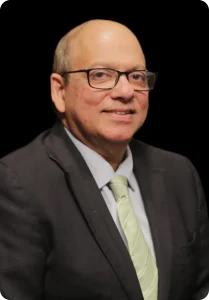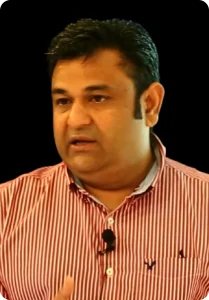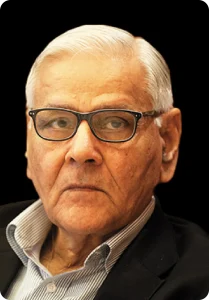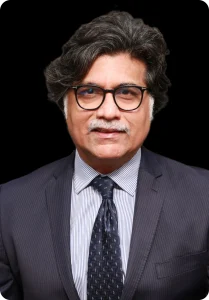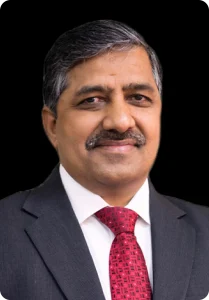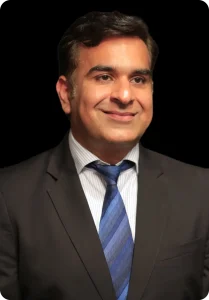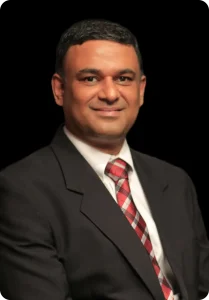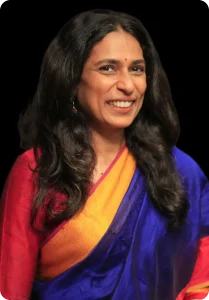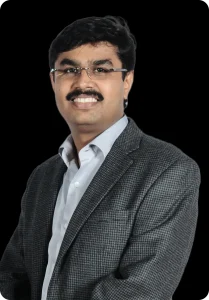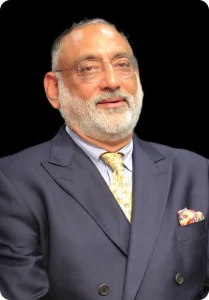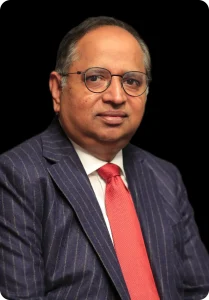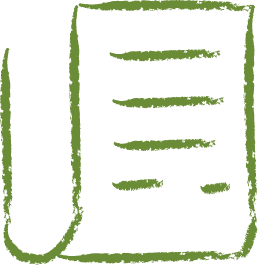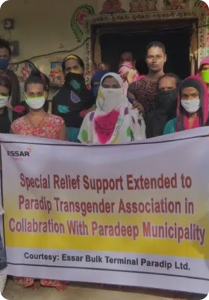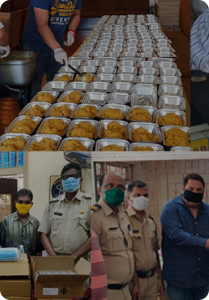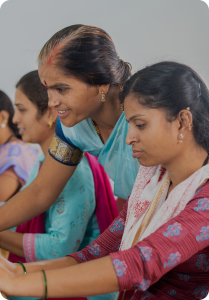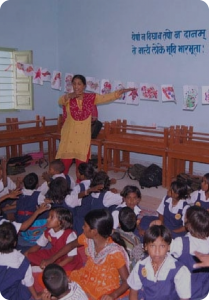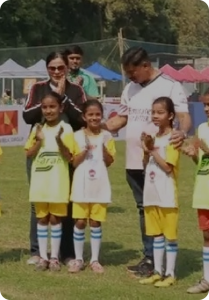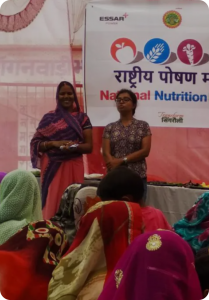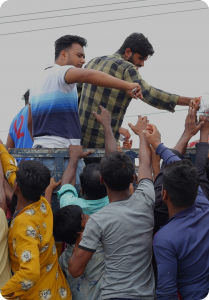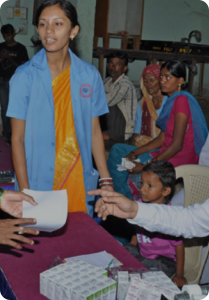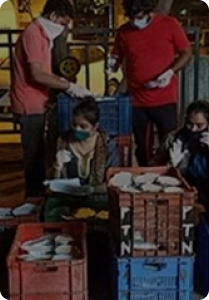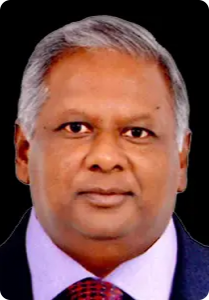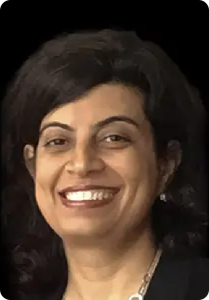Essar Foundation’s app, Sahej, is a one-stop platform that provides menstrual hygiene education to women and girls. It also houses an e-store for menstrual products manufactured by women-led micro-enterprises and SHGs.
With rapid advancements in technology, it’s common to find mobile applications for numerous activities. There is an app for everything – from texting to dating, ordering food to buying furniture, learning languages to taking classes online – most activities have moved on to apps on our phones.
Apps have made life simpler for many through quick and easy access. Essar Foundation, the CSR arm of Essar Group, has used the benefits of mobile applications to advance the cause of spreading menstrual hygiene awareness among women and girls.
On May 8, 2020, Essar Foundation launched Sahej app that promotes awareness about menstrual hygiene. The Android-based app offers a one-stop solution for women to menstruate with dignity. It encourages adolescent girls to maintain menstrual health by availing hygienic products at subsidised prices.
Sahej App
The Android-based app provides menstrual hygiene education to women and adolescent girls. Right from basic topics like ‘What is menstruation?’, ‘What is a pad?’ to providing biological knowledge about puberty among girls, boys and trans people, the app offers all the relevant information to users.
The app also offers content that breaks stereotypes and myths that obstruct women from accessing menstrual health. It disseminates information in unique ways such as interactive game-based learning and easy-to-understand animated videos.
The foundation has roped in doctors to break down various topics about menstrual hygiene. It features a library of videos that include information on topics such as do’s and don’ts of menstrual hygiene, when to contact a doctor, disorders related to menstruation, and more. It also provides Aanganwadi workers with the right information to educate girls in rural India on correct menstrual hygiene practices
“They (women and girls) are learning a lot from its different features. It is helping them with self-development and is creating awareness about menstrual hygiene. It offers much-needed strength and hope by providing answers to their problems. The Essar Foundation and Sahej App are not only creating awareness but are also making the solutions available by distributing sanitary napkins to the women in need,” Jameela Begum from Ghar Bachao Ghar Banao Andolan NGO tells HerStory. She conducts app demos for women and girls in the slums of Mumbai.
The app features text- and voice-based chat helpline for users to get their queries resolved by experts. It is currently available in Hindi, Marathi and English, and caters to women of every age group, with a special focus on vulnerable communities. The foundation is in the process of including more languages, including Bengali, Assamese, Urdu, Punjabi, Gujarati, Odiya, Tamil, Malayalam, Telugu, and Kannada, along with the Indian Sign Language to help reach more women and girls. It also offers a period tracker and a one-of-a-kind e-store of menstrual products. To tackle the issue of non-accessibility and affordability of menstrual products, the store offers sanitary pads, menstrual cups, tampons, panty liners, pee sticks and more at affordable prices. The products are manufactured by women-led micro-enterprises and SHGs (Self Help Groups) like Saral Designs and Shri Krupa Swayam Sahayata Samooh, Asmita – a government of Maharashtra initiative.
Products like dispensers, incinerators, and even pad manufacturing technologies are available on the app and are aimed at women entrepreneurs who are keen to work in the menstrual hygiene space. Ecommerce integration with the app is a future initiative of the foundation.
Speaking about the initiative, Kaustubh Sonalkar, CEO of Essar Foundation, says, “Promoting menstrual hygiene is our topmost priority at Essar Foundation. We have launched the Sahej app with a vision to revolutionise women’s health and empowerment. It will ensure that women from all sections of the society can lead a healthier life, and become more active contributors to the economy. Sahej is not just a menstrual hygiene management app. It is a movement to sensitively, yet assertively, address the subject of menstruation.”
The foundation is encouraging vendors to feature their products at discounted prices to fulfil their vision to make menstrual products accessible to young girls and women across all social classes pan-India.
For the greater cause
Essar Foundation has been working towards various social causes since 2011. Working in collaboration with nonprofits and local administrations, it has reached out to 500,000 people across 500 villages in eight Indian states in the areas of women’s empowerment, livelihoods and entrepreneurship, education, environment conservation, and healthcare and sanitation.
In the area of menstrual hygiene, the foundation launched Sahej, an umbrella initiative to promote menstrual hygiene in collaboration with BMC (Brihanmumbai Municipal Corporation) and BEST (Brihanmumbai Electric Supply & Transport). With the launch coinciding with the third phase of the lockdown initiated to curb the spread of coronavirus, the foundation, along with BMC and BEST, distributed over 400,000 sanitary napkins to women in the Mumbai slums and those working with the Mumbai Police. An additional 100,000 napkins were mobilised overnight to the district of Devgarh, Jharkhand and 600 napkins across three districts in Kashmir – Pulwama, Anantnag, and Srinagar.
“With the ongoing COVID-19 crisis, many women will have limited access to menstrual hygiene products and services. We hope Sahej will help break geographical and linguistic barriers to equip women with the right information and products,” Kaustubh adds.
The foundation works towards grassroots transformation. In this regard, it has successfully worked with women in villages and semi-urban areas to promote menstrual hygiene and remove the taboos associated with menstruation. It has helped empower the women of Maa Danteshwari Self-help Group in Palnar village in Dantewada, Chhattisgarh to open a sanitary napkin manufacturing unit, and spread menstrual health awareness. In the area (classified as a Naxalite area), the initiative has been run and managed by the SHGs since 2015. It has conducted awareness sessions in government schools in Odisha, Chhattisgarh, Andhra Pradesh, and Gujarat, and schools in Pune and Mahan. It has also distributed sanitary napkins and awareness sessions in BMC-run schools in Mumbai, special homes for women and children and slum community children in Chembur, Mumbai.
It is working rapidly to bring its new initiative – Sahej App – to rural women, slum-dwellers, villages in the Kashmir Valley, and other regions through a multi-stakeholder approach. It has collaborated with UNICEF India, the Maharashtra State Rural Livelihoods Mission, NGOs like Ghar Bachao Ghar Banao Andolan, Kavach, Rotaract Club, Myna Mahila Foundation, women-led social enterprises like Saral Designs, and youth organisations like Global Shapers, volunteers from Kashmir along with the Social Welfare Dept (District Collector’s office) as well as SEHA Health and Hygiene to help promote menstrual hygiene.
It has been encouraging entrepreneurs across states to join the platform towards a consolidated effort in eliminating stigma and eradicating period poverty. It has also created youth advocates within the Essar workforce, also known as Sahej Ambassadors, to spur conversations supporting menstrual health management over social media platforms
Source: YourStory

